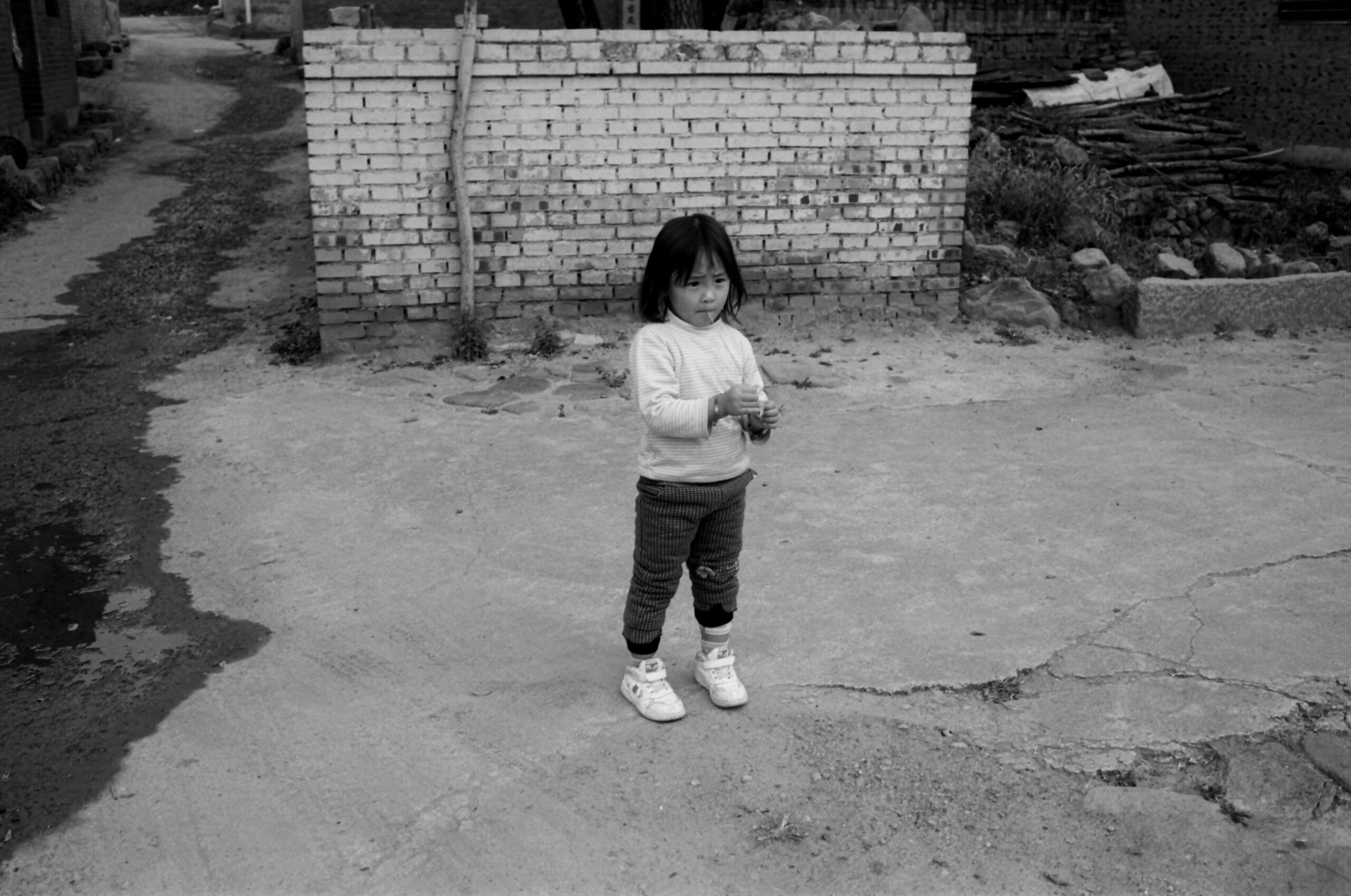This article is on the crime of contributing to the delinquency of a minor or assisting juveniles in committing juvenile delinquent activities. Anyone under the majority age, which is typically 18 years old, is referred to as a “minor.” For instance, giving alcohol to kids would often be considered CDM since it is illegal for minors to consume alcohol. All states now have such statutes, even if most have included some exceptions. Colorado was the first to establish the offense in 1903.
Juvenile delinquency is essentially a crime committed by a child that is dealt with outside of the legal system. States may have different definitions of delinquency and legislation governing minors. This article concentrates on the offense of aiding a minor’s delinquency, in particular.
Contributing to the delinquency of a minor: Crime Components
According to Florida Statute 827.04, it is illegal for anybody to engage in behavior that leads to a kid being delinquent, dependent, or in need of services. Delinquency occurs when a youngster is taken into custody or faces criminal prosecution. This means that you could face charges under this statute if you are suspected of carrying out any actions that encourage or persuade a youngster to commit a crime. The legislation’s ambiguous language has made it easier for law enforcement to accuse people of this crime for far more harmless actions than its intended purpose, which was to penalize those who intentionally recruited youngsters to commit crimes.
If you are accused of doing something that causes a youngster to become dependent or to require services, under this legislation, you may also be charged with contributing to their delinquency. A knowledgeable criminal defense attorney can assist in making sure that your rights are upheld.
Contributing to the delinquency of a minor: State-by-State Differences in CDM Laws
CDM may be filed against “parents, legal guardians, and others who have custody of a child,” according to some legislations. These jurisdictions do, however, frequently charge other people for aiding a minor’s criminality, including coworkers and strangers. Furthermore, the majority of statutes define “contributing” in a way that allows a jury or a judge to interpret it.
A few instances of state CDM laws are given below:
California (California Penal Code 272): includes behaviors that “tend to” lead to delinquency; prosecuted as a misdemeanor, punishable by a maximum fine of $2,500 and/or up to one year in jail.
Florida (Florida Statute Section 827.04): Charged as a first-degree misdemeanor, punishable by a $1,000 fine and up to one year in jail; the law expressly indicates that a child need not have actually committed a delinquent act in order to be charged with CDM.
Ohio: According to the law, a juvenile offender is also referred to as an “unruly child” (Ohio Revised Code Section 2919.24). The law is clear that every day of violation is treated as a separate offense.
Providing alcohol to an underage person versus CDM
Those who are caught giving alcohol to a juvenile may also be prosecuted for giving alcohol to someone under 21 (also referred to as a “minor,” but in the context of alcohol possession), in addition to being charged with contributing to the delinquency of a minor. Depending on the state and the case, prosecutors frequently convince the defendant to enter a guilty plea to the less serious charge in exchange for the dismissal of the more serious one. However, prosecutors might be allowed to pursue both accusations.
Defenses Against Aiding a Minor’s Delinquency
Many people believe that negligent parents should face criminal penalties. In some cases, they might be correct. But far too frequently, criminal laws can penalize those who are helpless and those who experience the social evil.
When children get into trouble, police and investigators are ready to point the finger at their parents or guardians. Children, on the other hand, might be difficult to regulate or supervise, especially in this day and age. It is not always the parents’ or guardians’ responsibility that a child develops bad habits. In those instances that the parents lacks intent, they shouldn’t be prosecuted.
Contributing to the delinquency of a minor: definition of a ‘contributor’
No matter if the substance is alcohol, narcotics, or something else, each state has a different definition of what constitutes a contributor to a minor’s delinquency. Coworkers, parents, friends, strangers, and those who have authority over the youngster could all be impacted by this. It is crucial to specify what the contribution is and how it might change the circumstances. The adult must contribute knowingly or with intent in many states. The adult may not actually commit the crime if they don’t have the desire to do so. Even if the crime only appears to have occurred in certain instances, law enforcement may nevertheless detain the adult.
Contributing to the delinquency of a minor: various jurisdictions and denying allegations
It is crucial to evaluate if the person must have a guilty conscience for selling alcohol or if it was his or her behavior that caused the contribution, given the various laws in place and the jurisdiction that handles the case. Some states solely assess intent, while others take into account the minor’s age as well as all other relevant elements to determine the viability of the accusations. With legal advice, the local laws relevant to the case to defend against the charges can be more fully understood.
The adult may have a strong defense against the accusations if they are not aware of the minor’s age. While some states consider the larger picture of what the juvenile and adult do in these situations. Others take into account any activities that tend to create or lead to delinquency. Some states will charge the offense as a misdemeanor, carrying maximum fines of $2600 and up to a year in jail, while others will charge the offender with a felony, carrying maximum fines and jail or prison terms that can be more than quadruple this amount.
Related article:
CAN YOU ADOPT AN ADULT? Everything You Should Know
What are the ways to become an emancipated minor?
HOW TO PUT YOURSELF UP FOR ADOPTION: Best Easy Guide
Can you move out at 17? A Legal Guide for Parents and Minors



